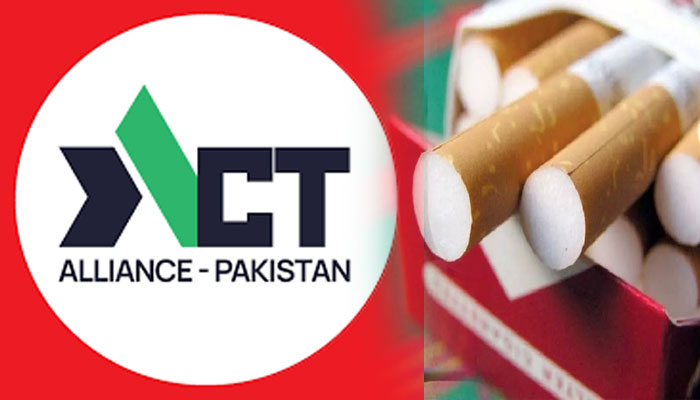Who’s Pulling the Strings? ACT Alliance Raises Concerns Over Tax Policy Influence”
ACT Alliance Urges Govt to Protect Economic Policies from External Influence
Islamabad— ACT Alliance Pakistan has raised alarm over what it terms “donor-driven interventions” in Pakistan’s tobacco taxation, urging the government to protect its fiscal sovereignty from undue foreign influence.
Speaking to journalists in Islamabad, Mubashir Akram, National Convenor of ACT Alliance Pakistan, voiced concern about international pressure on Pakistan’s tobacco tax policies, particularly in the run-up to the federal budget. He pointed specifically to the growing role of the World Health Organization (WHO) and other foreign-funded groups such as the Campaign for Tobacco-Free Kids (CTFK) and Vital Strategies, which he claimed had operated in Pakistan without proper regulatory approvals.
Read more: Illegal Cigarette Trade Costs Pakistan Millions in Lost Revenue, Says IPOR
“Tax policymaking must remain rooted in national interests and grounded in local realities,” Akram stated. “Externally funded campaigns often fail to grasp the complexities of Pakistan’s enforcement environment and do not differentiate between compliant and non-compliant businesses.”
Akram also questioned the WHO’s consistency, noting that its host country, Switzerland, has not ratified the Framework Convention on Tobacco Control (FCTC) and still allows various tobacco promotions contrary to the treaty’s goals. “While WHO pushes for aggressive taxation in countries like Pakistan, Switzerland only introduced minimal restrictions on tobacco marketing in late 2024,” he remarked.
He emphasized that while public health is a national priority, policy decisions should be based on transparent consultations, local economic modeling, and enforcement data. “Pakistan’s legal tobacco industry is already under immense pressure from high taxes introduced in 2023,” he warned. “Further hikes could destabilize the market and fuel illegal trade, which already causes over Rs. 30 billion in annual revenue loss.”
According to Akram, Pakistan could risk losing nearly Rs. 300 billion in tax revenue if legal manufacturers are pushed out by unchecked illicit trade. He called for stronger enforcement measures to support the formal sector and protect national revenue streams.
Reiterating ACT Alliance Pakistan’s commitment to constructive policy dialogue, Akram urged the government to shield its economic policies from external influence. “We must base our tax decisions on national data and stakeholder consensus—not on narratives crafted abroad. Only then can we ensure sustainable development and maintain the integrity of our regulatory systems,” he concluded.






Comments are closed, but trackbacks and pingbacks are open.